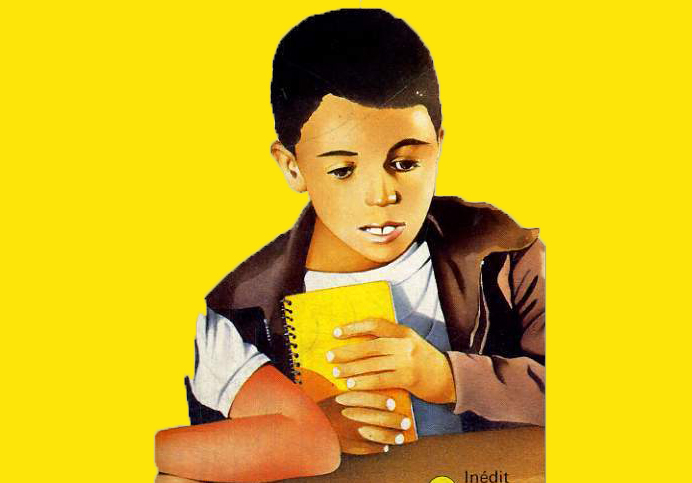This week, we visit Morocco with new Editor-at-Large Jessie Stoolman, who tells us about a new play based on a classic novel. Then in Spain, we have a publishing update with Editor-at-Large Carmen Morawski, and onto the United States, we strap in for today’s Presidential Inauguration and writers’ reactions to the historic event.
Editor-at-Large Jessie Stoolman reports from Morocco:
A theatrical interpretation of Mohammed Khair Ed-dine’s novel Le Déterreur [نباش القبور], adapted by Cédric Gourmelon and starring Ghassan El-Hakim, is currently on tour in Morocco, with the next performance set to take place on January 21 at the House of Culture [دار الثقابة] in Tetouan. In the novel, a man from southern Morocco shares his countercurrent perspectives on living in a marginalized community inside a wider, fractured, postcolonial space as he recounts his life story.
Winner of numerous literary awards, including Jean Cocteau’s Les infants terribles literary prize for his novel Agadir, Khair Ed-dine (or “The Blue Bird,” as he is sometimes called) mainly wrote poetry and novels in French. He is credited with establishing a new style of writing, what he coined guérilla linguistique, that resists, in both form and content, linguistic or societal domination. Considering his prolific contributions to the genre of revolutionary writing, it is unsurprising that Khair Ed-dine is commonly grouped among renowned, twentieth century North African authors writing in French, such as Assia Djebar, Yacine Kateb, Abdellatif Laabi, Driss Chraibi, and Tahar Ben Jelloun.
Some of Khair Ed-dine’s work has been translated into German and English. For more about the German translation of his posthumously published novel Once Upon a Time There Was a Happy Couple (Es war einmal ein glückliches Paar), Qantara.de published this article, which includes a summary of the book with excerpts and information about the writer. Similarly, to read a sample of Khair-Eddine’s poetry translated into English, see this piece from Jadaliyya, that includes four poems from his collection Ce Maroc!
In other literary news, only a few more weeks until Morocco’s largest book fair will be back! The 23rd edition of the International Book Fair in Casablanca will open on February 9.
READ MORE…


